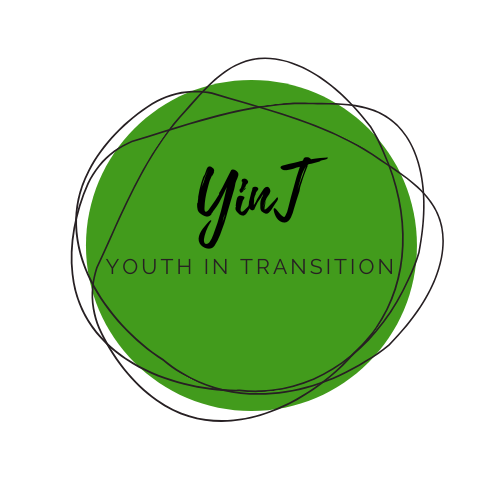7 Introduction to the Social Dimension
Hard to reach youth occupy multiple positions - both as insiders or outsiders. They may be affiliated to several communities e.g. their peers, racial groups, a host community (if migrants or refugees), school community, mainstream community etc. This may bring them into conflicting alliances with others. Race, social class, gender, ethnicity, sexual orientation, and other issues of rank determine the relationship to community. These elements extend into the social design that one brings into any community circle, both in terms of political and ideological beliefs as well as cultural practices and assumptions. Each enters into a certain construction of reality. Our responsibility is to pursue our best interests and question our multiple positions. This will help us avoid the blind spots that come with unexamined beliefs and firm stances. It is a matter of questioning ourselves, our neighbours, social ranks, and the world. Departing from the view that culture can be seen as a set of expectations, building capacity is necessary, for both youth and adults, on human rights, youth's rights, facilitation, ethical practices and research. How to belong, how to articulate, how to engage. With yourself, with the group and in society. These so-called ‘life skills’ will be explored here, making it easier - or even possible - to make use of the activities in this handbook and engage in the sustainability discussion and action, from whatever position one may take.
Why?
- Hard to reach groups often have challenging causes and conditions.
- Underserved populations may well have systemic personal, community and family issues.
- Migrants and refugees have been torn from traditional cultures with values that may clash with prevailing worldview in the countries they find themselves in. Their first concerns may well be basic needs e.g. food, housing, income generation etc. And friends. To settle down.
This chapter considers creative tools for social integration and inclusion, but also simply activities that deal with how to live and engage in life, as an active citizen.
How?
In this dimension youth have an opportunity to examine who they are in terms of their social identity, and how this interacts with formal and informal groups/communities they find themselves in. It also focuses on identifying how they can develop helpful skills, values and attitudes to contribute towards creating a more resilient and enduring society. In an attempt to include creative arts based activities this exploration explores leadership, governance, inclusion, conflict, cooperation, trust, meaningful relationships, love and networking as tools for social justice and cultural transformation. They will build the basis for well-organised workable social designs that leaves no one behind and creates spaces for inclusion of emotional needs, human closeness, harmony and understanding.
|
Themes |
Questions to Explore |
Sample Activities |
|
THEME 1 SOCIAL INCLUSION |
Who am I and where do I belong? What social groups are we in? How do we behave in different social groups? e.g. peer groups, ethnic groups, interethnic groups, school etc. |
1.1 Group Ground Rules (build trust) |
|
THEME 2 SOCIAL SKILLS |
Internal & external aspects of social sustainability How do I feel communicating in different situations? What are some of the generally understood rules of our daily interactions? How do they differ in different situations? How can we improve communication skills in different scenarios? |
2.1 Role plays of differing social groups interacting with each other identify challenges 2.2 Communication skills exercise working on the challenges e.g. 2.3 Drama piece by group illustrating overcoming challenges in communications between different groups (can be filmed) |
|
THEME 3 |
What do we/our community expect from our participation? What would you (youth) do to improve your community? How can we make and live this harmoniously, regeneratively & sustainably? |
3.1 Community organising skills e.g. Future Workshop 3.2 Plan community creative project 3.3 Implement community creative project |


0 comments
Leave a comment
Please log in or register to post a comment